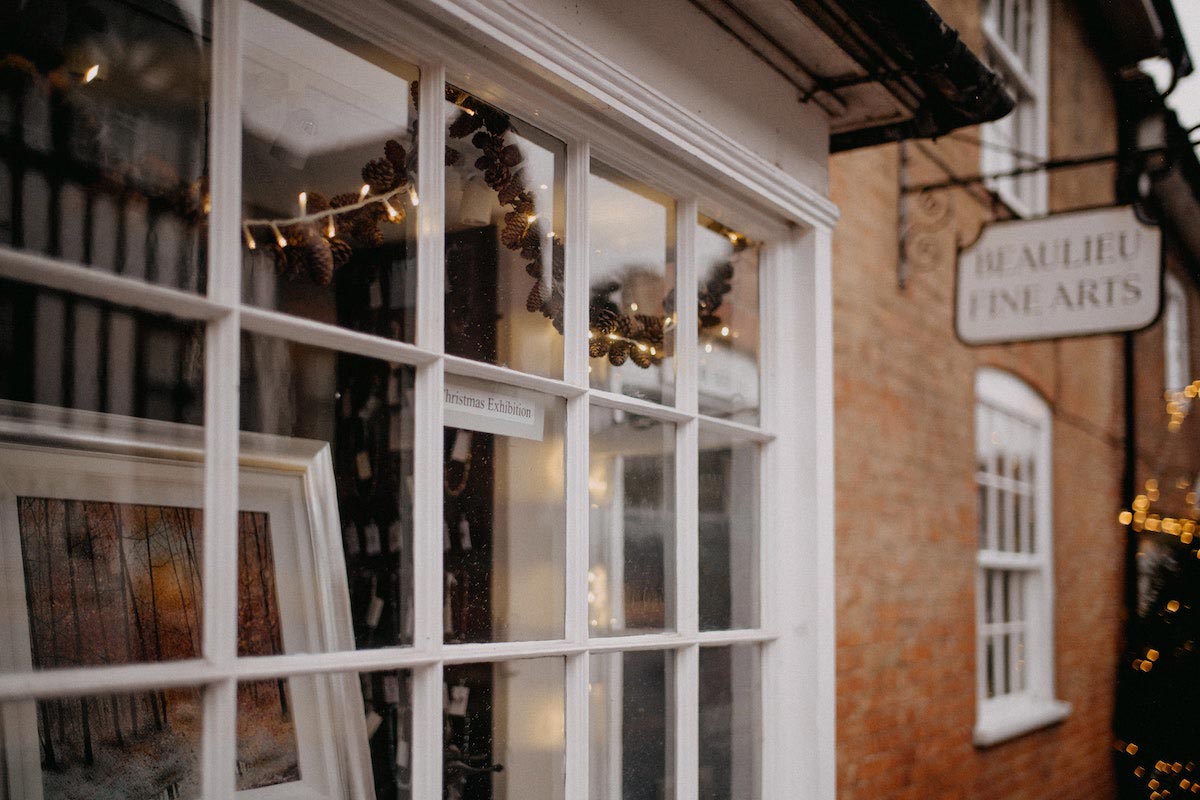
I attended a retreat for women writers in 2008 and had the privilege to study under Kentucky’s poet laureate at the time, Jane Gentry Vance. She shared thoughts on poetry from William Butler Yeats (Harvard Magazine 2008) that made a lasting impression:
Poems are not position papers. They are not votes, they are not uttered from a podium or pulpit, they are not essays. They are products of reverie.
In the act of writing, one can feel removed from the work at times and even surprised at the finished product. It is frequently a mysterious process that reveals the writer to herself and others.
Here’s a personal example.
Dear So and So,
If only there was a temple, a Solomon house. Lovely, but small
and sparrow size. Instead they lie dismembered—feet in jars,
with limbs hanging from trees you can’t see. They do a dance
of the dead and ask you to listen. You (and sometimes me) dwell
in a glass box car. Through the window it’s all a circus. But, I’m
looking for the complaint box, to share my idea in the top narrow
slot, to please save the babies.
Poems are Places to Process
Today’s modern climate is so contentious at times it can be scary to talk about controversial issues. Beyond that, faith compels us to take thoughts and feelings and process them with God as seekers of Truth.
In this piece, I was processing the events of the National Right to Life March I attended for the first time, in January 2020, as a high school chaperone. In addition to the March, we also visited the Basilica of the National Shrine, National Archives Museum, and Arlington National Cemetery. We made a guided Monuments tour, spent an afternoon at the John Paul II Shrine, and finally toured the Naval Academy a short distance away. The density of these encounters with people and places was hidden to me until I began to write about them later.
If poems are not position papers, what am I to do with this piece? If the end game is not social justice first, what is it?
Refusing to Edit My Own Heart
I’d like to submit to you that this poem is an invitation to reverie. Its job is to be an expression of my heart first, and hopefully an artful contraption of good poetry. Why did I address this to a generic So and So? Because it seemed the best way to honor unnamed babies who do not get the chance to be born.
If there is any indictment, it’s on me. I can be prone to sit in my own glass box car, removed from problems right before my eyes. I am guilty, too, of being numb to injustices in our world.
What’s more, I am in no position to judge someone’s intention, their understanding of revealed truth, or their degree of responsibility for wrongs committed. My logical mind also knows there’s a difference in a money-making abortion industry and a young, pregnant, unwed mother who is afraid and often convinced by others that abortion is the only answer.
But, that’s not the first thing this is about. It’s about the unnamed, unborn, and aborted. It’s about me imagining a lovely and holy place where all these are honored, held, cherished, and remembered. It’s about me considering more deeply and in detail what goes on in an abortion. It’s about not editing my own heart and having the courage to write this and let the language do its work in me first. It’s about me feeling like one person in the back of a huge classroom of yelling, screaming people, while I raise my hand and ask to share my great idea to save all the babies.
Social Wholeness Starts with Personal Repentance
My experience at the March for Life can be summed up in a few words—a sea of happy, shiny, polite people standing in proxy for the unborn. The crowd was enormous. It was body-to-body for hours. The display of goodwill and manners was unlike any I had seen before in a group that large. Some of the posters were shocking. But still, the holders of those signs were quietly standing, causing no disruption.
The veil was pulled back a little more as I encountered the nature of God here. Enveloped in peace, love, joy, kindness, and truth—surrounded by the tension of abortion and those advocating for life. I wondered about a world where courage looked more like humility and how that humility starts with me.
Where do you find yourself with complex matters of social justice? Would that we all embrace repentance first as we seek to make our contribution in a world of so many needs.
The Relationship Between Personal Holiness and Social Wholeness #BISblog // Click to tweet
Jenny Richeson is a Catholic writer who is a lover of language and its mysteries. By day she provides speech pathology and cognitive intervention services to kids. Her main goal in life is to be a speaking stargazer caught up in wonder whenever possible. She makes her home in Kentucky with her husband, Matt. Together they find God in gardening and all manner of outdoor activities whenever they can. Stargazing is a favorite pastime too. You can find out more about her here.






























